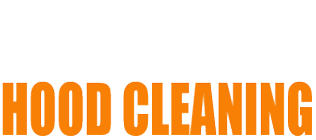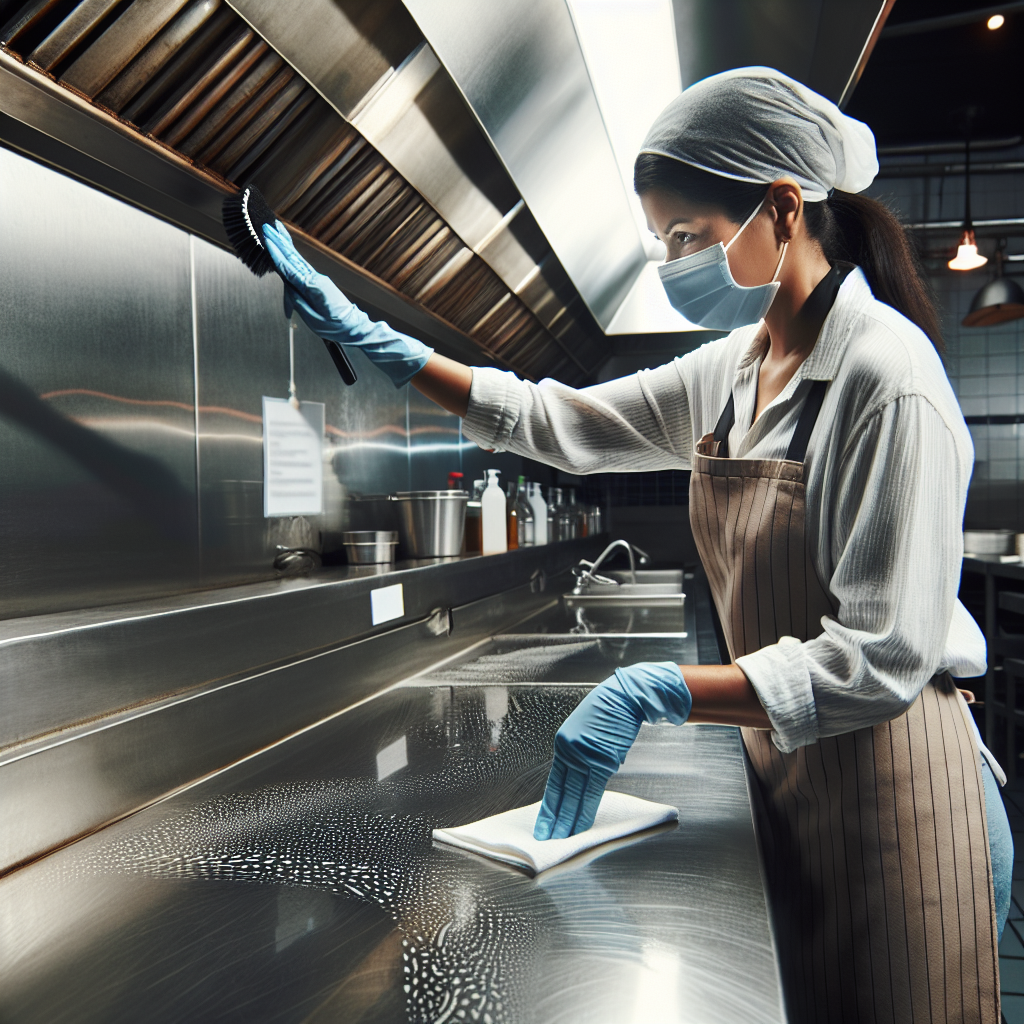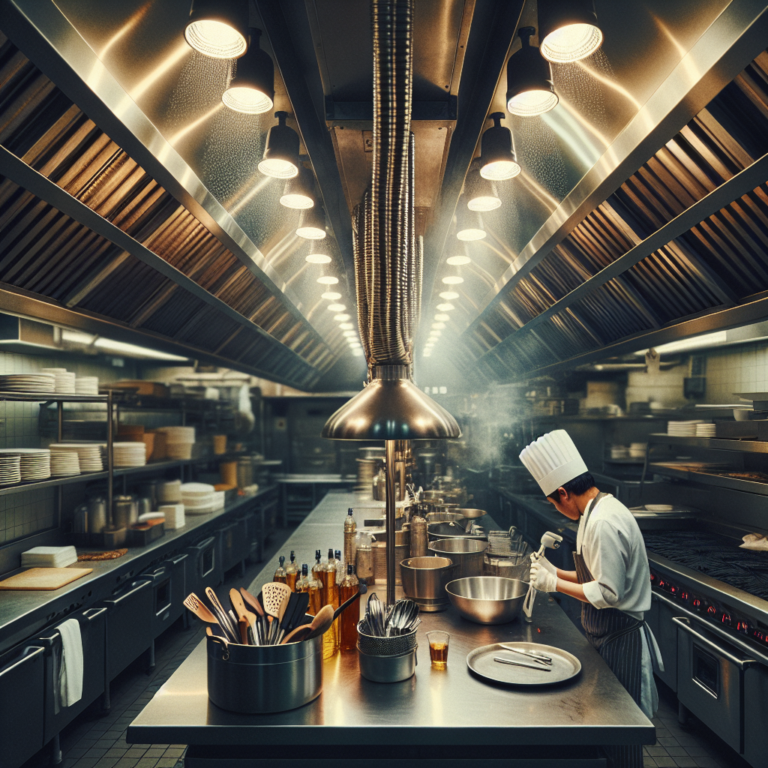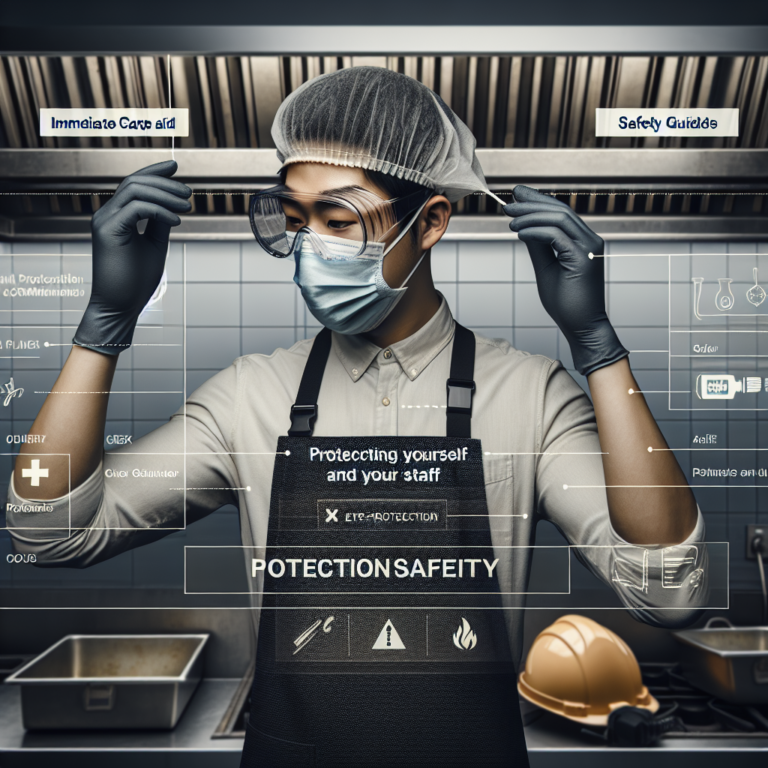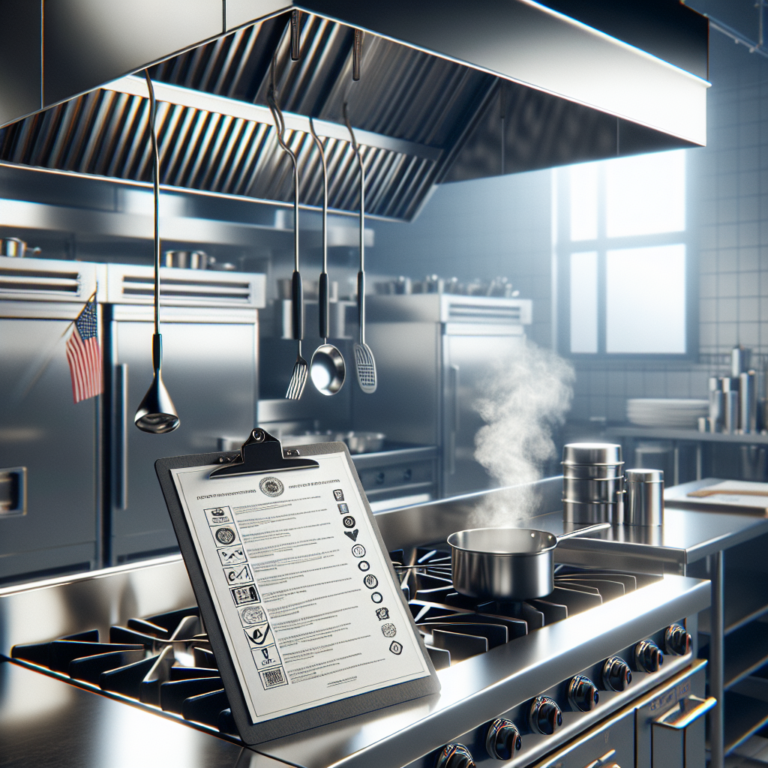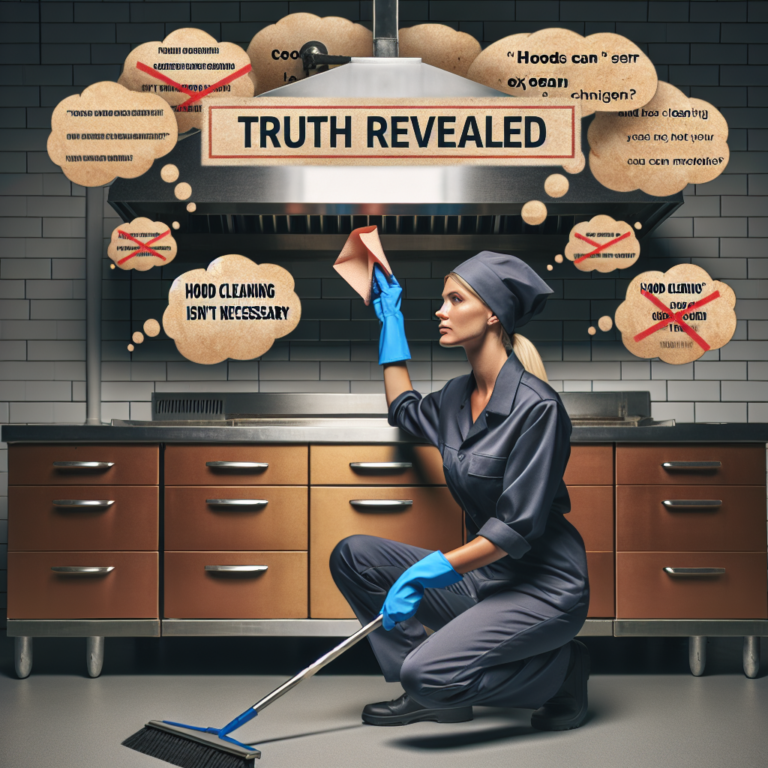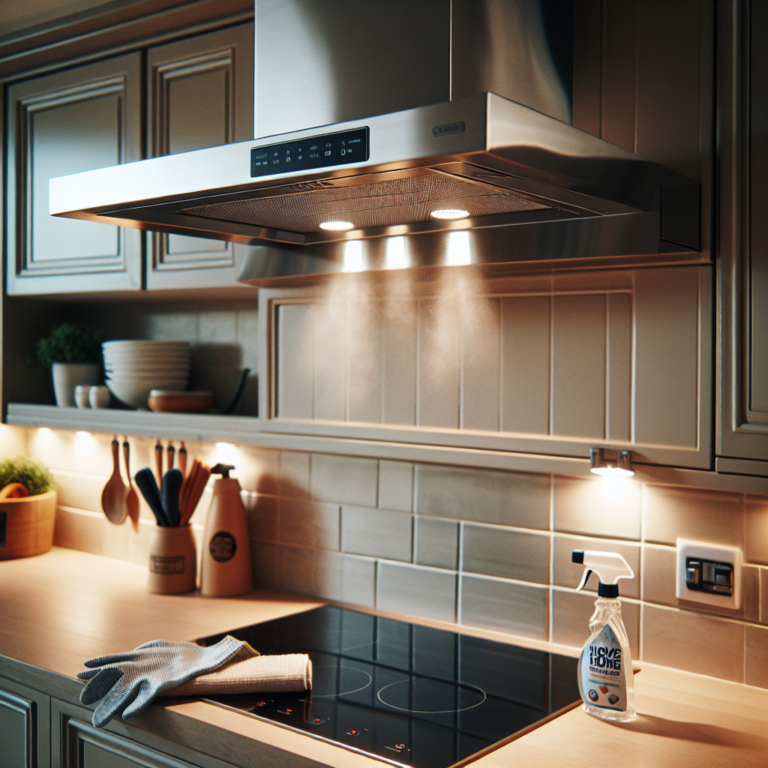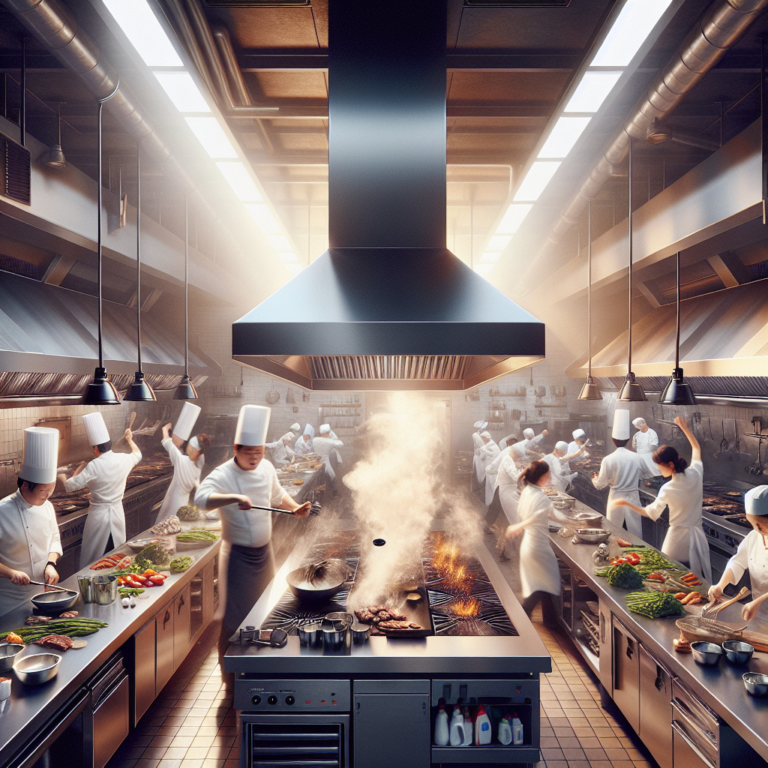Essential Hood Cleaning Tips to Prevent COVID-19 in Restaurants
Understanding the Importance of Hood Cleaning During COVID-19
As restaurants continue to adapt to the challenges posed by COVID-19, maintaining a clean and safe environment has never been more crucial. One often-overlooked aspect of restaurant hygiene is hood cleaning. Effective hood cleaning can play a vital role in preventing the spread of the virus, ensuring both employee well-being and customer safety. In this guide, we’ll explore how diligent restaurant hood cleaning can help combat COVID-19.
The Role of Restaurant Hood Cleaning
The exhaust hood in a commercial kitchen is designed to filter out smoke, grease, and other contaminants from the air. Over time, these hoods can become clogged with grease and grime, creating an ideal environment for bacteria and viruses to thrive. Regular commercial kitchen hood cleaning eliminates these potential health hazards and ensures a safer work environment.
How Hood Cleaning Helps in Reducing COVID-19 Spread
COVID-19 primarily spreads through respiratory droplets. While the virus is airborne, it can also settle on surfaces and remain viable for hours or even days. Here’s how exhaust hood cleaning assists in mitigating the risk:
- Improved air quality: Clean hoods ensure better ventilation, which can reduce the concentration of viral particles in the air.
- Surface sanitization: Regular cleaning eliminates grease and grime, where viruses can potentially reside.
- Employee health: A cleaner work environment reduces the risk of sickness among staff, ensuring consistent staffing levels and reducing the likelihood of outbreaks.
Steps for Effective Hood Cleaning
Hood cleaning is a complex process that requires specialized knowledge and equipment. Here are the crucial steps involved:
1. Pre-cleaning Inspection
Before starting the cleaning process, a thorough inspection is necessary to identify the extent of grease buildup and any potential issues. This helps in planning the cleaning process and ensures that no area is overlooked.
2. Preparing the Area
Protecting kitchen appliances and surfaces is important. Covering them with plastic sheets or other protective materials prevents contamination during the cleaning process.
3. Scraping and Degreasing
The initial step involves scraping off the bulk of the grease and grime manually. This is followed by applying degreasers to break down the remaining residue. It’s essential to use commercial-grade cleaners that are effective against stubborn grease deposits.
4. Hot Water Pressure Washing
High-pressure hot water washing helps in flushing out the remaining grease and cleaning the hood thoroughly. This step ensures that all the contaminants are removed, leaving the hood sparkling clean.
5. Rinse and Dry
After hot water washing, a final rinse is necessary to ensure all cleaning agents are removed. The area is then dried to prevent any leftover moisture, which could lead to mold or mildew formation.
6. Post-cleaning Inspection
An inspection is carried out to ensure that the cleaning meets the required standards. This also involves checking the functionality of the exhaust system to ensure it’s operating efficiently.
Choosing Professional Hood Cleaning Services in Atlanta
While some restaurant owners might consider handling hood cleaning in-house, it’s often beneficial to hire professionals. Here’s why:
- Expertise: Professional cleaners have the expertise and equipment to handle even the most stubborn grease deposits efficiently.
- Compliance: They ensure that the cleaning process complies with local health and safety regulations.
- Time-saving: Professionals can complete the job faster, minimizing downtime and ensuring your kitchen is operational when needed.
Health and Safety Protocols for COVID-19
Hood cleaning services are adapting their protocols to ensure safety during the pandemic. Here are some measures commonly implemented:
- Personal protective equipment (PPE): Technicians wear masks, gloves, and other protective gear to prevent contamination.
- Sanitization: Cleaning equipment is sanitized before and after each job to prevent cross-contamination.
- Social distancing: Efforts are made to maintain social distancing during the service to protect both technicians and kitchen staff.
- Health checks: Regular health screenings for technicians to ensure they are fit for duty.
The Future of Hood Cleaning in a Post-COVID World
The pandemic has heightened awareness around cleanliness and hygiene practices in restaurants. As we look towards a post-COVID world, maintaining rigorous cleaning protocols will continue to be vital. Regular hood cleaning should be a part of every restaurant’s hygiene routine, ensuring a safe and healthy dining experience for all.
Conclusion
In the current climate, it’s essential for restaurant owners in Atlanta to prioritize hood cleaning as part of their overall safety and hygiene practices. Reliable and thorough cleaning not only helps in preventing the spread of COVID-19 but also ensures the long-term efficiency and safety of kitchen operations. For professional and dependable restaurant hood cleaning, consider reaching out to experts in the field.
For more information on reliable commercial kitchen hood cleaning in Atlanta, visit Atlanta Hood Cleaning Pros.
